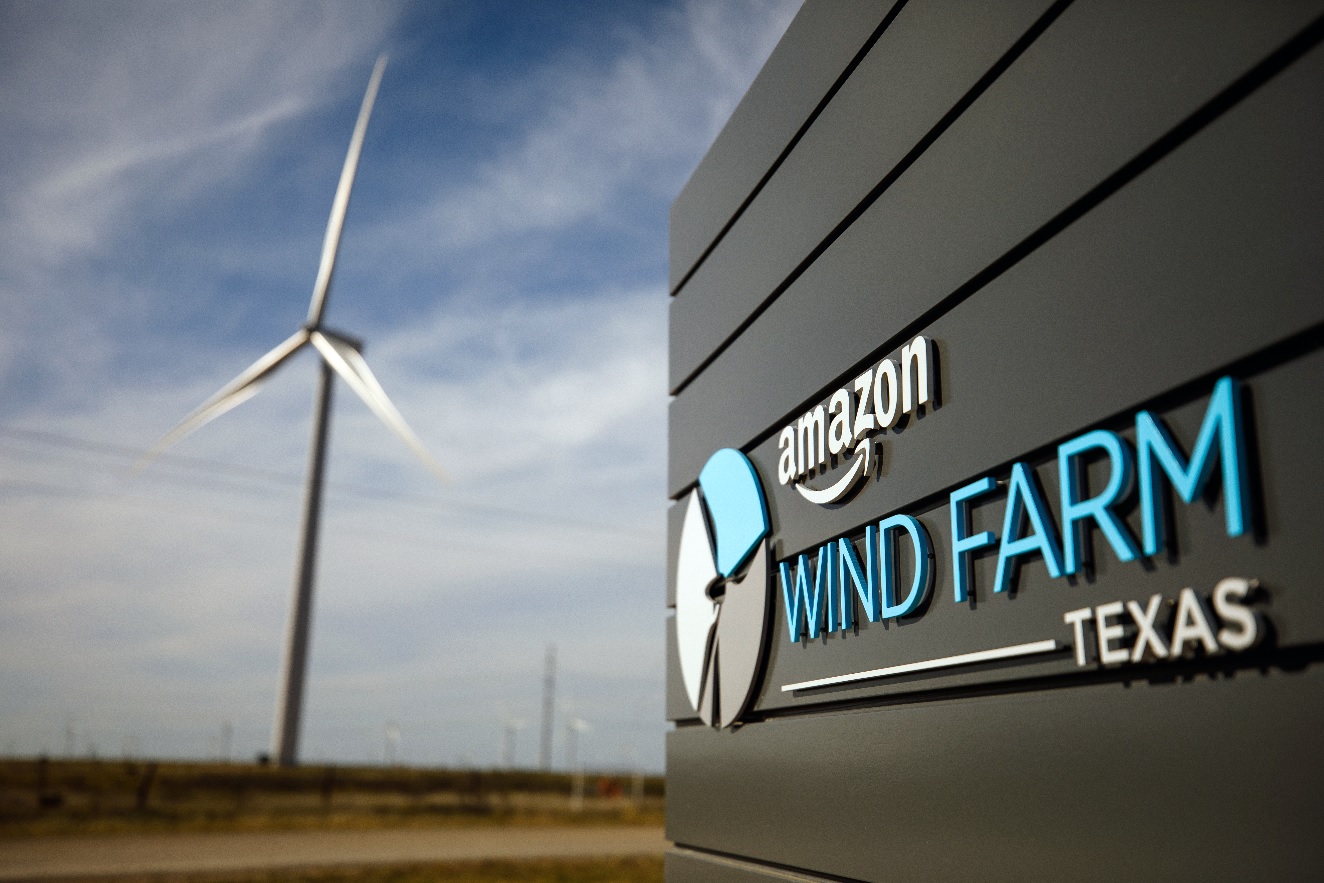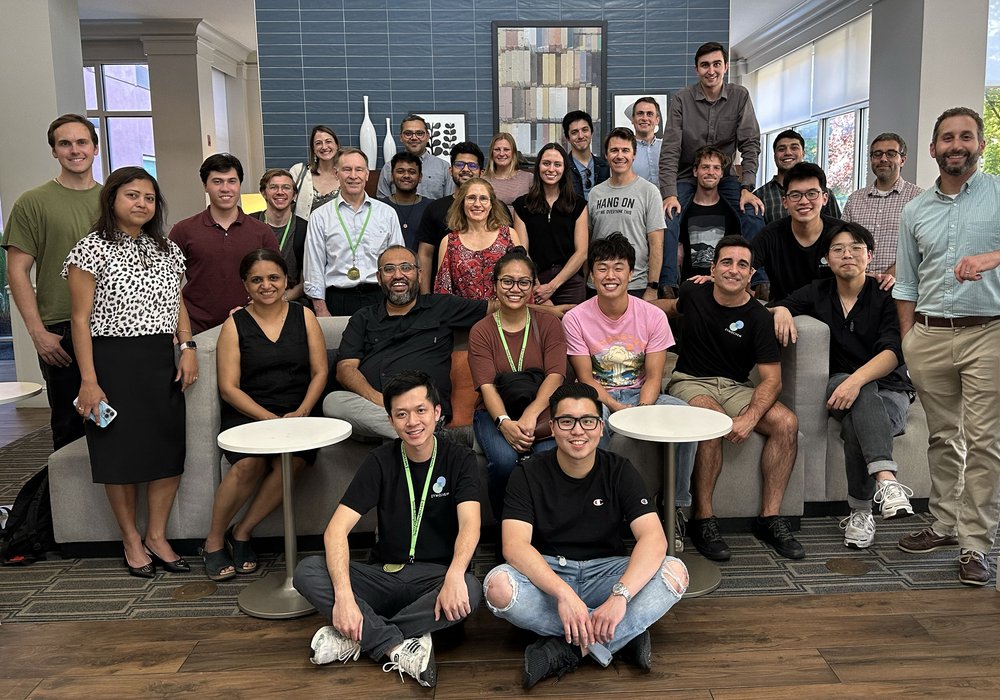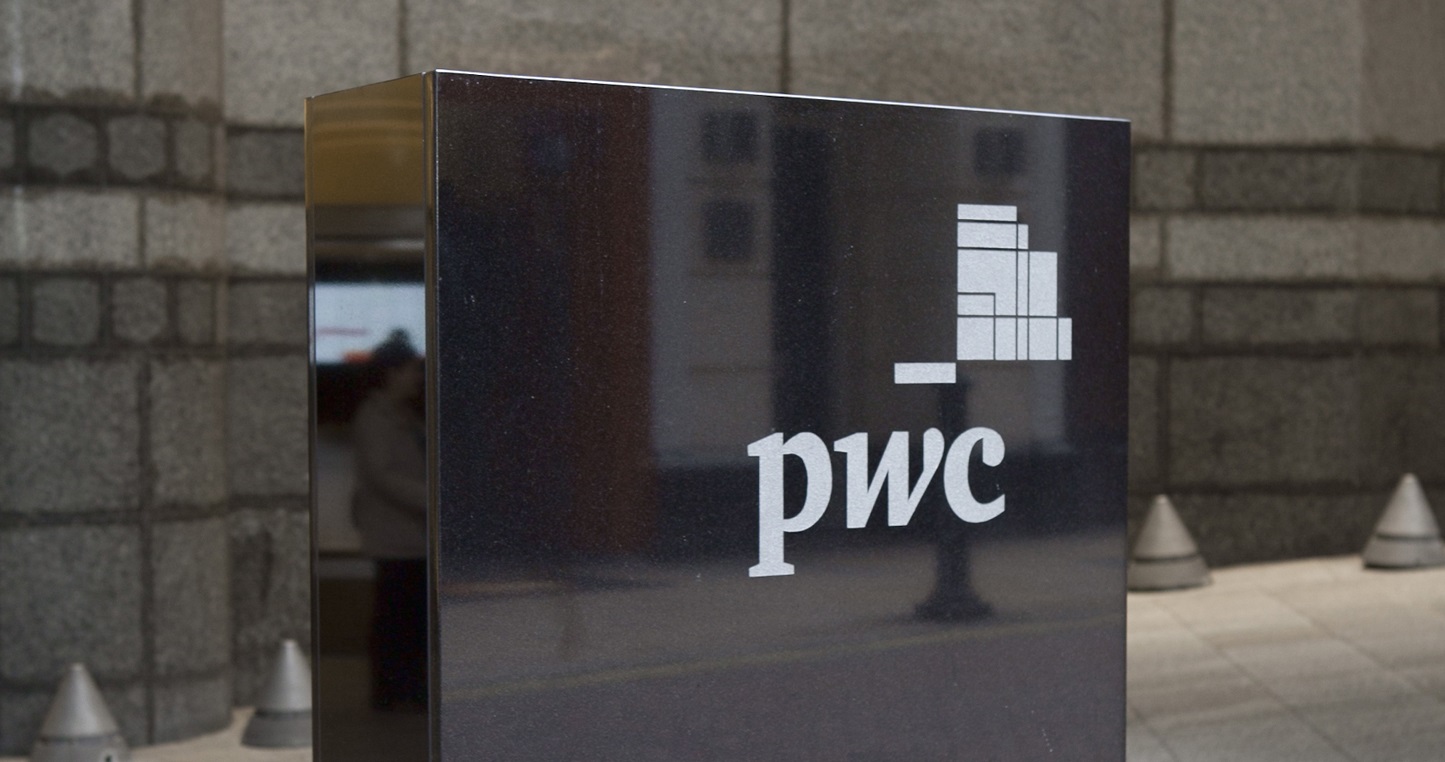Nearly Half of High Income Workers Consider Switching Jobs for a More Sustainable Company: Deloitte
Nearly half of self-identified higher income respondents reported considering switching jobs to work for a more sustainable company, compared to only 13% of their lower income counterparts, according to a new study released by global professional services firm Deloitte, which found similar gaps in sustainability-focused consumption and political action by income classification, despite similar attitudes on climate change among the groups.
For the study “Economic uncertainty puts pressure on sustainable behavior change,” Deloitte collated results from surveys conducted between 2021 and 2023, including a survey of 24,000 respondents in 24 countries in March 2023, with a focus on sustainability-related behaviors in the home, workplace and community.
The results of the study found that respondents’ reports of changes to personal behavior to address climate change has declined recently, falling from 65% in September 2021 to 54% in March 2023, as multiple economic shocks including an energy crisis, inflation and job losses have impacted households, even though more than two thirds of respondents say that they believe climate change is an emergency, a proportion which has stayed relatively constant over the survey period.
One of the key findings of the study is the differences in willingness and ability between respondents in various self-identified income categories to act on their sustainability concerns and values. For example while similar proportions of respondents in the 2023 survey in higher-, middle-and lower-income groups reported that they believe climate change is an emergency (72% higher-income, 68% middle-income, and 65% lower-income), 59% of higher-income respondents said that they always or often choose sustainable products, compared to only 42% of lower-income and 44% of middle income respondents.
Higher cost appeared to be the main sustainable purchase differentiating factor, with 53% of lower income consumers citing cost as the main barrier to sustainable product purchases compared to only 32% of higher income respondents. Similarly, roughly 25% of higher income respondents said that they power their homes with renewable energy, around twice the percentage of lower- and middle-income respondents.
Leon Pieters, Global Consumer Industry leader, Deloitte Global, said:
“Our research highlights the troubling disconnect between concern and action on climate change for individuals, and the root causes of this gap. Most people agree climate change is a critical issue and want to take steps to address it, but too many are unable to do so amid rising costs, recession fears, geopolitical tensions, the long-term ramifications of the COVID-19 pandemic, and more.”
Similar forces appear to drive workplace decisions, with 46% of higher income respondents reporting that they have considered switching jobs to work for a more sustainable company, more than twice the rate reported by middle income respondents (20%) and over three times that of the lower income group (13%). These findings come despite much higher sustainability-related workplace satisfaction by the higher income group, with 63% agreeing that their employer is doing enough to address climate change, compared to only 23% of lower income respondents who agree.
The study also found that those identifying as higher income are substantially more likely to engage in political and civic processes on sustainability-related issues, with 25% of lower income respondents reporting that that they have never contacted a public official about climate issues, compared to only 11% of their higher income counterparts, and 9% of lower income respondents reporting that they have donated to an environmental organization over the past year, compared to 24% of higher income respondents.
Jennifer Steinmann, Global Sustainability & Climate practice leader, Deloitte Global, said:
“It’s essential for global leaders to understand how and why people are taking climate action personally, at work, and in their communities, and why some are not able to take action to the extent they would like. Ultimately, the aggregated impact of individual decisions to live a more sustainable life does influence the efforts of companies and governments and can accelerate the broader, systemic action required to meet the ambition of the global emissions reduction goals set forth in the Paris Agreement.”
Click here to access the study.





